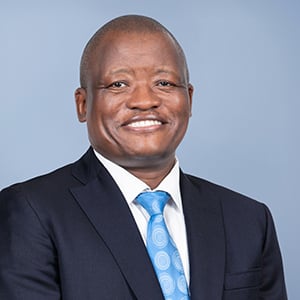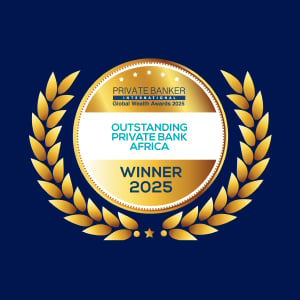Newsroom
Stay informed with the latest news, insights, and perspectives from Standard Bank Group. We cover everything from our business, our clients, and the African continent.



Discover what's happening in banking and finance, in Africa and around the world.

Official announcements from Standard Bank Group.

Deeply rooted in Africa's history, we are fully committed to her future.

We provide the investor community with timely, accurate, and transparent information.



